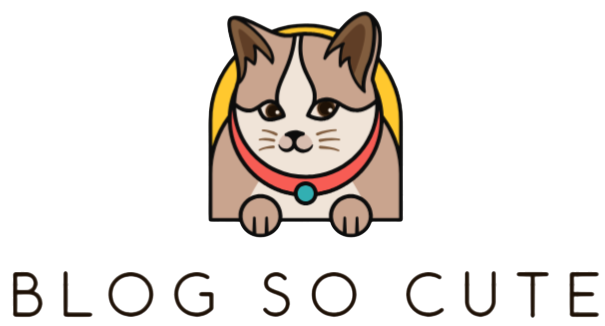Pharmacies are complex businesses. Even a small pharmacy in a small town has significant liability and moving parts. Indeed, large and family pharmacies would not be possible today without the advent of pharmacy management systems. Pharmacy management is difficult. You must care for patients, review and interpret prescriptions, dispense medications, monitor patient medication regimens, complete insurance forms, and bill insurance companies, not to mention financial, sales, human resources, and marketing. You and your employees deal with it every day, and if you do it all manually, management becomes even more difficult and time-consuming.
What is a Pharmacy Management System?
Pharmacy management systems are computer systems often referred to as pharmacy computer systems. These systems are not a single piece of software but rather a unified set of components added and removed from the system in a plug-and-play manner.

Legal and ethical responsibility:
However, a pharmacy has important responsibilities that a hardware or grocery store typically does not. For example, a pharmacy is tasked with ensuring that customers receive their prescriptions exactly as prescribed by their doctor. Mistakes can lead to death. For this reason, pharmacies strive to limit the possibility of human error. It helps integrate the prescription dispensing system with retail pharmacy computer systems. The prescription system is robotic and computerized and ensures that the prescription is written exactly as the doctor ordered.
Make claims:
The vast majority of the money into pharmacy coffers comes from insurance companies, not directly from the customer. Thus, a pharmacy is very similar to a healthcare organization, and pharmacy IT systems must also integrate this aspect. Once a prescription is issued, modern systems automatically process and track the claim.
Compliance with laws and regulations:
A modern pharmacy system automatically verifies any request before it is processed and, if that request violates the law or regulations, rejects it. The pharmacy must also comply with all local, state, and federal regulations. A pharmacy cannot rely on healthcare professionals for compliance because there may be extenuating circumstances, such as two different doctors unknowingly prescribing the same customer.
Health Network:
Modern pharmacy management systems also need to be connected to the health network that serves their territory and even the entire country. Imagine a scenario where a pharmacy needs additional instructions when filling a prescription for an out-of-state customer. Modern systems ease this burden by automatically providing the pharmacy with all necessary contact information and alternate contacts.
Summary
You’ll also learn if you need custom pharmacy management software development and when it’s best to use a ready-made solution.








